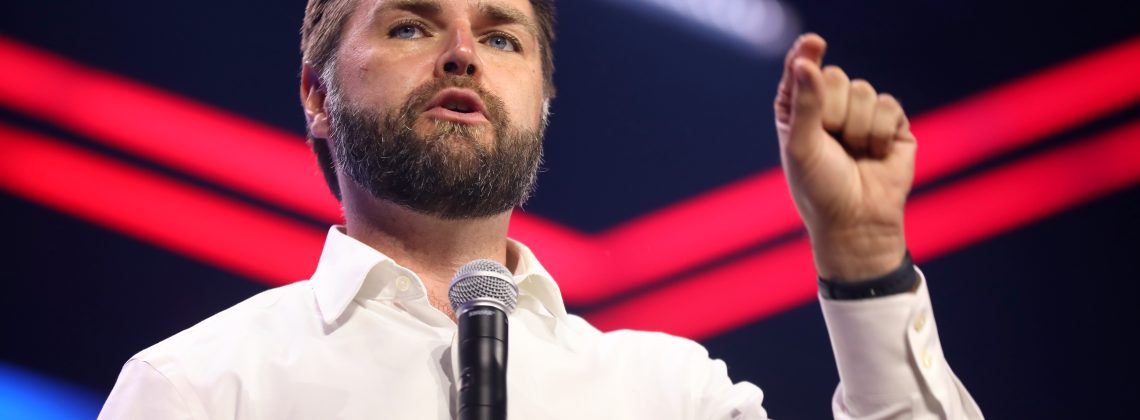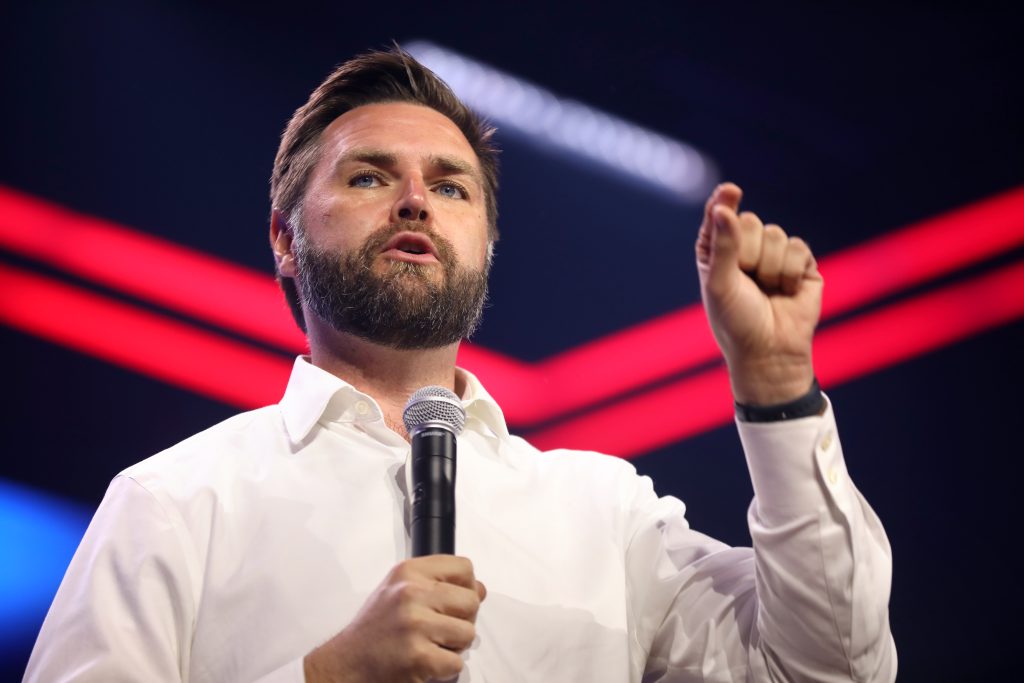

Here is Elizabeth Bruenig at The Atlantic:
Late last month, hundreds of leaders from Catholic relief and aid organizations met for the annual Catholic Social Ministry Gathering in Washington, D.C. What ensued was “a scene of real panic,” Stephen Schneck, the chair of the United States Commission on International Religious Freedom, told me. “They were in shock, and they were disturbed, and they were feeling really panicky about the situation and wondering what to do.” Schneck recalled speaking with an attendee from El Paso, Texas, who was suddenly unable to buy diapers for babies in his charity’s care. “And this happened with no warning, no extensions,” Schneck said. “It just happened overnight.” Catholic agencies providing relief overseas were also affected by the freeze on foreign aid, which came with a stop-work order that suspended operations.
Along with the shutdown of federal funding for so many Catholic charitable organizations, Trump also revoked a Joe Biden–era policy that prevented Immigration and Customs Enforcement agents from apprehending people in or near “sensitive locations” such as churches and schools. The change elicited a statement from the United States Conference of Catholic Bishops, which registered its dismay at the transformation of places for “care, healing, and solace into places of fear and uncertainty for those in need,” and called for “a better path forward that protects the dignity of all those we serve, upholds the sacred duty of our providers, and ensures our borders and immigration system are governed with mercy and justice.”
The statement set off a back-and-forth between the bishops and Vice President J. D. Vance, who responded to the bishops on Face the Nation late last month, saying that “the U.S. Conference of Catholic Bishops needs to actually look in the mirror a little bit and recognize that when they receive over $100 million to help resettle illegal immigrants, are they worried about humanitarian concerns? Or are they actually worried about their bottom line?” The USCCB followed up with another statement, saying that “faithful to the teaching of Jesus Christ, the Catholic Church has a long history of serving refugees … In our agreements with the government, the USCCB receives funds to do this work; however, these funds are not sufficient to cover the entire cost of these programs. Nonetheless, this remains a work of mercy and ministry of the Church.”
Vance, speaking with the Fox News host Sean Hannity, provided further Catholic reasoning for his administration’s approach to migrants and refugees, arguing that he thinks it’s “a very Christian concept that you love your family, and then you love your neighbor, and then you love your community, and then you love your fellow citizens in your own country, and then after that you can focus and prioritize the rest of the world”—a statement to which the bishops have not responded. If they did, however, I imagine they would point out that Jesus addresses this matter in his Sermon on the Mount, saying, “If you love those who love you, what reward will you get? Are not even the tax collectors doing that? And if you greet only your own people, what are you doing more than others? Do not even pagans do that? Be perfect, therefore, as your heavenly Father is perfect.” The Christian mandate is more arduous than Vance’s account seems to allow.
Catholic politicians disputing the bishops’ witness to the faith is nothing new, though the allegations of avarice and corruption are somewhat surprising, and presage bitter conflict ahead. Perhaps that could be helpful, insofar as it would sharply distinguish the teaching of the Church from certain politicized versions of Catholicism tailored to the ideological preferences of their confessors. The Church is called to be a sign of contradiction—a bulwark of Christian priorities against the demands of the political and cultural eras that the faithful pass through. Comporting with political and cultural demands is what politicians do; the degree to which Catholic politicians do the same is the degree to which they ought to suspect themselves spiritually compromised. Perhaps they all are, and perhaps so are we.
Read the entire piece here.